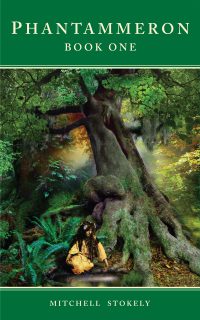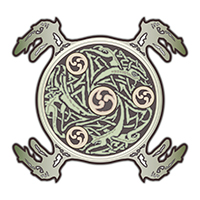All great movies have one thing in common – a love of mythology. The massive misunderstanding of the role of myths in modern movies today is why so many fail to inspire and move our culture. Without an understanding of the correct role of ancient mythology in film, our entertainment systems die. And so in 2020 it feels like something has died in movies that great filmmakers of just 30 years ago seemed to have captured so well.

The Japanese filmmaker and director, Akira Kurosawa, is considered one of the greatest movie makers of all time. He is my all-time favorite filmmaker, and a huge inspiration for my own writing. Anyone writing Epic Fantasy or dramatic fiction of any type should be familiar with his work.
Back in the 1980’s when television used to play top-tier, inspired movies, they would run Kurosawa’s movies over and over on public television in the United States. I had also found his films at the video store back in the days when you could watch anything on VHS. But I first watched Ran on tv, and that movie changed my whole feeling about what movies could be and should be.
Akira Kurosawa’s apocryphal film Ran is based on his rich cultural connection to feudal Japan. We forget that Japan was a militarized state of warlords and shifting battle lines for hundreds of years. Kurosawa decided in his later productions to display that theme on the big screen writing many of his films himself, using the same actors over and over, and building elaborate castles and sets in exotic locations around Japan.
But what made his movies so unique was the integration of his stories with Western story-telling and myth. Ran is based on Shakespeare’s King Lear. In that sense he embraced Greek Tragedy, something harder and harder to find in Western movies today. When I saw what he had done with Ran, I was really amazed and impressed. He was able to combine two cultures into one, yet not make the common mistake of cultural attribution – the stealing or perverting of another cultures icons of which you are not a member. He created something stirring, moving, dark, and threatening, yet familiar to Western and Japanese audiences alike. For this great act, we owe his genius but also his use of primitive mythology.
To me this film seemed to carry with it the same magic and mystery of European fairy tale and mythology without “dumbing down” those symbols as so many American films have done over the years. It’s what makes his other films like Throne of Blood and Seven Samurai so alive and so important as movies today. We can walk into feudal Japan and live there, yet are moved by the familiar story arcs and myths of Western themes.
What impressed me the most as a young man watching Kurosawa’s work, however, was how fresh and alive his stories and visuals were; how connected his writing was, his eye as a director, and how rich the music was to the overall mythology of his films. It wasn’t about battles, conflict, costumes, and swords that mattered. It wasn’t CGI which so many young people today are consumed by. It was the idea that “mythopoeia”, like Tolkien’s Silmarillion, could be inspired by one’s own history and culture, yet lifted up by tragedy. Such is the power of ancient mythology in film if used properly.
In the end it was not the tragedy of that film that mattered, the amazing fortresses he built on black sand volcanoes, the thousands of horses and spearmen, the stirring music, the Academy Award winning costumes, or even the amazing visuals of Japanese warlords on battlefields. It was the human drama built upon the mythology the film created that made Ran great; story telling that floated in some misty realm of rich psychological struggle between characters and dark events that lie hidden and buried in us all, yet are dragged up by great mythology and great film.
Mythology is lost in modern books and film in 2020 because our young people seem to have rejected myth and so our now lost.
– the Author



